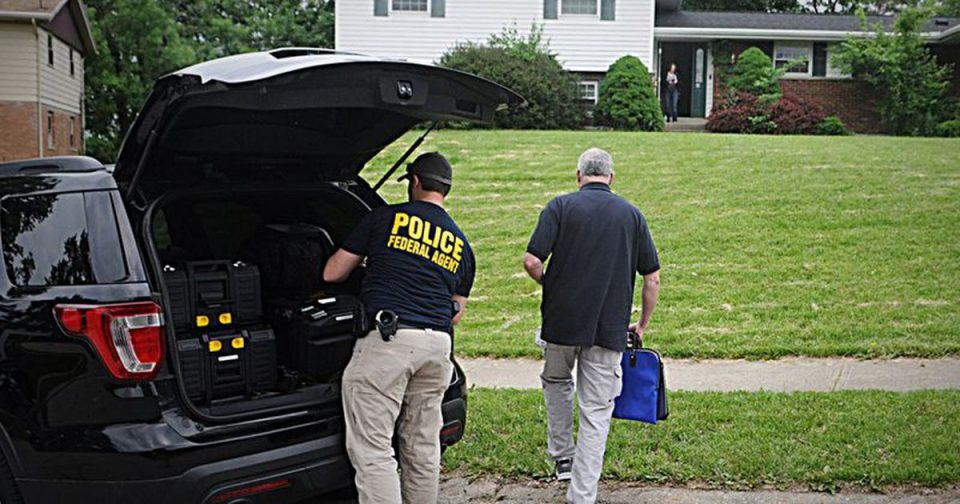What led to the discovery of the classified materials was a May 25, 2019 Fairborn police search of Kemp’s 1231 Harmony Lane house — a search for a “marijuana growing facility.”
Fairborn police discovered the documents. On questioning by police, Kemp was said to admit that he had taken classified documents from work, FBI Special Agent Brandt Pangburn testified that year in an application for a search warrant of Kemp’s electronic devices.
When the case became public in the summer of 2019, questions arose about how an employee could take thousands of pages of classified documents from a workplace.
“I think a lot of people might be surprised at just how easy it is to abscond with classified documents,” Sean Bigley, a security clearance defense attorney and a former investigator for the U.S. Office of Personnel Management, told the Dayton Daily News in July 2019.
Unauthorized removal or retention of classified documents is a federal crime punishable by up to five years in prison. Sentencing of the defendant will be determined by the court based on the advisory sentencing guidelines and other statutory factors, the prosecuting attorneys said.
Questions were sent to representatives of NASIC and AFRL. A message was left for an attorney who represents Kemp.
Announcing the plea in Judge Walter Rice’s court Thursday were DeVillers; John C. Demers, assistant attorney general for the National Security Division of the Department of Justice; Chris Hoffman, FBI special agent in charge, Cincinnati Division; and Fairborn Police Chief Terry Bennington.


